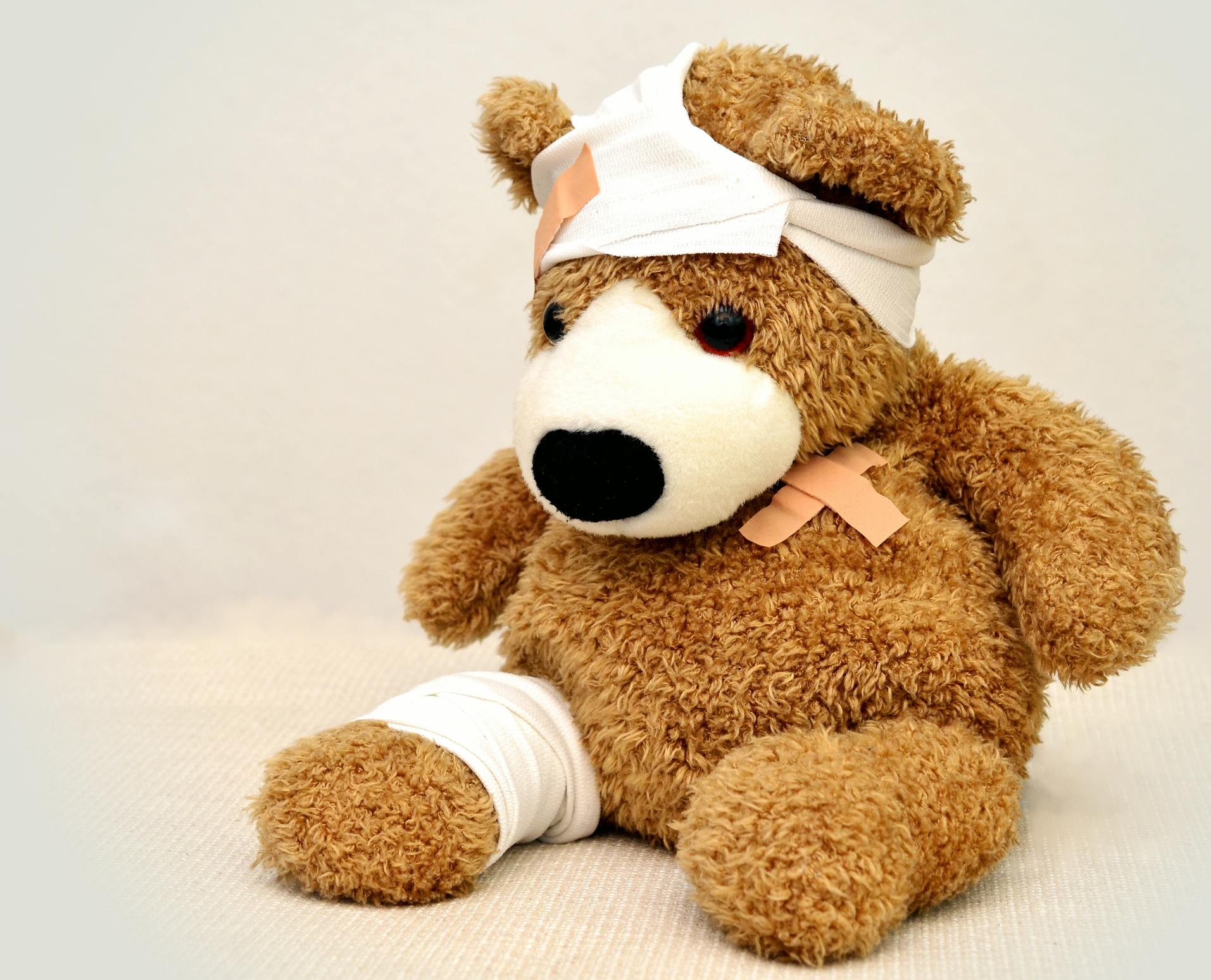0 to 3 Months
5 min Read
Baby health guide

May 1, 2014
0 to 3 Months
5 min Read

May 1, 2014

When you bring home your newborn – whether you’re a rookie or an expert – baby’s health is your number one priority. Here are quick answers to some of the most common concerns.

What’s the difference between a regular cough and croup?
The defining characteristic of croup is a distinctive, barky, seal-like cough. This is because the virus is located in the upper airway, causing swelling and obstructing breathing. Croup’s bark is often worse than its bite and can usually be treated easily. Dr. Janine Flanagan, a pediatrician in Toronto, says, “A steamy bathroom or humidified air (outdoor air or humidifier) helps to reduce the swelling in mild croup. An oral steroid may be prescribed in more advanced croup to help alleviate symptoms, especially at night when the airways collapse more and the coughing is worsened.” > If you suspect croup, contact your doctor. If your child is working hard to breathe or appears short of breath, go to the ER.
My baby hasn’t pooped in three days! Should I be concerned?
Newborns can actually go for several days without a bowel movement, so try not to panic. Dr. Courtney Manser, a family doctor in St. David’s, Ont., says, “Constipation in babies under one year is generally not a concern unless Baby is in pain when trying to pass a bowel movement. If they are on solid food, parents should increase the amount of natural fibre – with fruits such as oranges and grapefruits – and cut out constipating foods such as bananas. Babies over six months may also benefit from increased water.”
How do I know if my baby has an ear infection?
Watch for these symptoms:
When can I stop sterilizing bottles?
“All bottles should be sterilized before first use,” says Dr. Manser. “However, after three months, if Baby is healthy and not preterm, parents may choose to stop sterilizing bottles as long as they are washed thoroughly. Some professionals may recommend sterilizing until at least six months. I believe in exposing kids to some germs so I tend to follow the three-month rule. However, if a parent is unsure or concerned they should speak to their own health care professional.”
Should I swaddle my baby?
Swaddling – wrapping babies snugly with arms confined – has long been recommended to help colic, but recent sleep guidelines from the Registered Nurses’ Association of Ontario (RNAO) express concerns over the practice. Studies have shown that too-tight swaddling may cause respiratory infections, hip problems, over heating or a greater risk of SIDS (sudden infant death syndrome). Swaddling is a new sleep issue and the medical community has not yet taken a clear stand on either side. If you have questions, speak to your child’s doctor.
How do I know if my newborn is getting enough breast milk?
Breastfeeding can be tricky and many moms find it hard to tell if their child has eaten enough. Here’s one way: wet diapers. In the first three days of life, expect one or two wet diapers per day. By the sixth day, look for six wet diapers a day. After that, six to eight heavy, wet diapers should occur in a 24-hour period. > If your child is not producing nearly that many wet diapers, let the doctor know.
Do I go to the doctor for every fever?
If your baby has a fever, along with any of these symptoms, see a doctor as soon as possible.
Any fever in an infant under three months of age requires immediate medical attention. Head to the ER.
What vaccinations does my baby get and when?
Generally, before kids enter school, they will receive vaccinations at two, four, six and 12 and 18 months and boosters between four and six years. Diseases vaccinated against include: hepatitis B, diphtheria, tetanus, whooping cough (pertussis), polio, Hib (a bacteria that causes meningitis), pneumococcal disease, meningococcal disease (that can also cause meningitis), measles, mumps, rubella, chicken pox and influenza.
Good news, you can now easily keep track of your children’s immunizations schedules with Immunize.ca, a new app that reminds you what vaccinations are coming up and when.
N.B. Keep your eyes and ears open for Public Health notices regarding outbreaks of illnesses (for example, measles outbreaks in British Columbia and Ontario this past spring).
Having a baby is overwhelming. What can I do to keep my sanity?
Taking care of Baby is job one, but don’t forget about yourself. Here’s how to be a happy mama:
How can I avoid diaper rash?
Try these ideas:
Originally published in ParentsCanada magazine, May 2014.